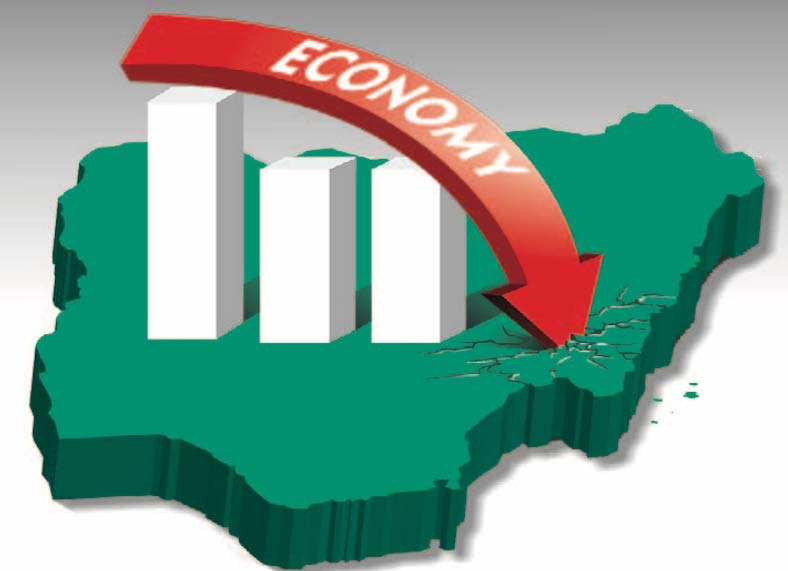There are no products in your shopping cart.
| 0 Items | £0.00 |


NIGERIA'S economy has been projected to grow by 3.5% between now and 2026 increasing the country's gross domestic product (GDP) to approximately $400bn despite the current challenges that point to a rather gloomy outlook.
Since the Covid-19 pandemic, the Nigerian economy has been hit hard by a combination of a fall in foreign direct investment (FDI), a reduction on petroleum output and rising inflation. This has stifled economic growth and of late, the situation has spiralled out of control with inflation rising to over 30% mainly due to high petrol prices.
Despite all these problems, however, several analysts believe that the economy will recover over the next two years and enjoy healthy growth. Bismarck Rewane, the managing director and of the Financial Derivatives Company, has projected that the Nigerian economy would grow by 3.5% by 2026, pushing GDP to approximately $400bn.
Speaking at the Access Bank Customer Forum held in Lagos yesterday, he said that the country’s foreign exchange auction system would become more efficient, with unencumbered foreign reserves reaching $20bn. On inflation, Mr Rewane projected that the rate would decline to 22% by 2026 and he expected the monetary policy rate (MPR) to be reduced to 20% annually, leading to a decline in the level of bad loans across the banking sector.
Mr Rewane added: “The Nigerian economy will grow at 3.5%, approximately $400bn. Nigeria is on track to becoming the second-largest economy in sub-Saharan Africa.
“There will be an efficient forex auction system and unencumbered foreign reserves will hit $20bn. We will see inflation drop to 22 % and the MPR is likely to come down to 20%, which will reduce bad loans."
Despite those positive trends, Mr Rewane warned, however, that the naira would likely trade at N1,550 to the dollar in the parallel market, citing intervention funds, diaspora remittances and exchange rate policies as key factors in the exchange rate alignment. He credited those improvements to intervention funds, diaspora remittances and policies focused on exchange rate adjustments.
Also, Mr Rewane predicted that the price of petrol would stabilise at N900 per litre, with a steady supply guaranteed by production from the Dangote refinery and modular refineries. “We expect petrol to stabilise at N900 per litre due to increased production from Dangote refinery and modular refineries,” he added.
Speaking at the event, finance minister Wale Edun, revealed that Nigeria’s foreign reserves have seen a net inflow of about $2.35bn into the Central Bank’s coffers. He stated that that the increase had played a key role in stabilising the naira in the forex market.
Mr Edun highlighted that the country’s tax-to-GDP ratio now stood at 10%, with the revenue to GDP ratio standing at 15%. He called for more infrastructure and social safety net spending to address these low figures.